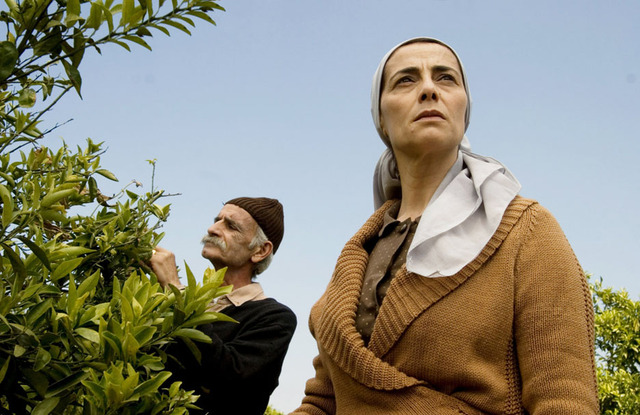Film Review: Lemon Tree
Simple Drama About Feuding Neighbors Makes For Powerful Middle East Parable


“Sorry
Latest Article|September 3, 2020|Free
::Making Grown Men Cry Since 1992


“Sorry